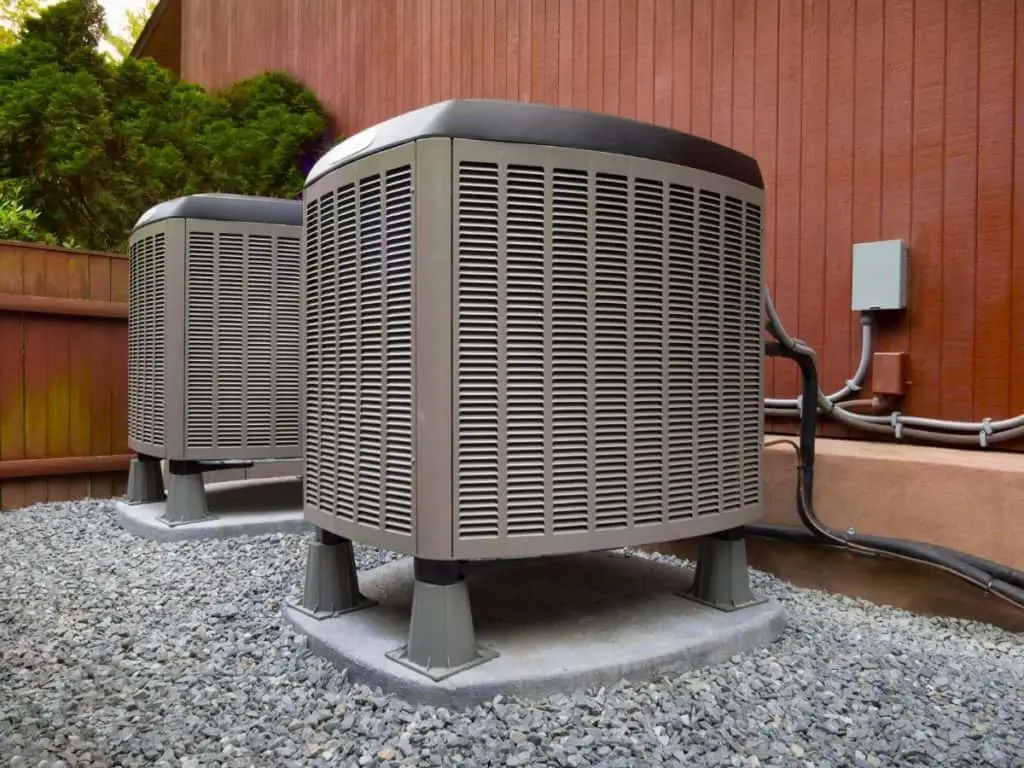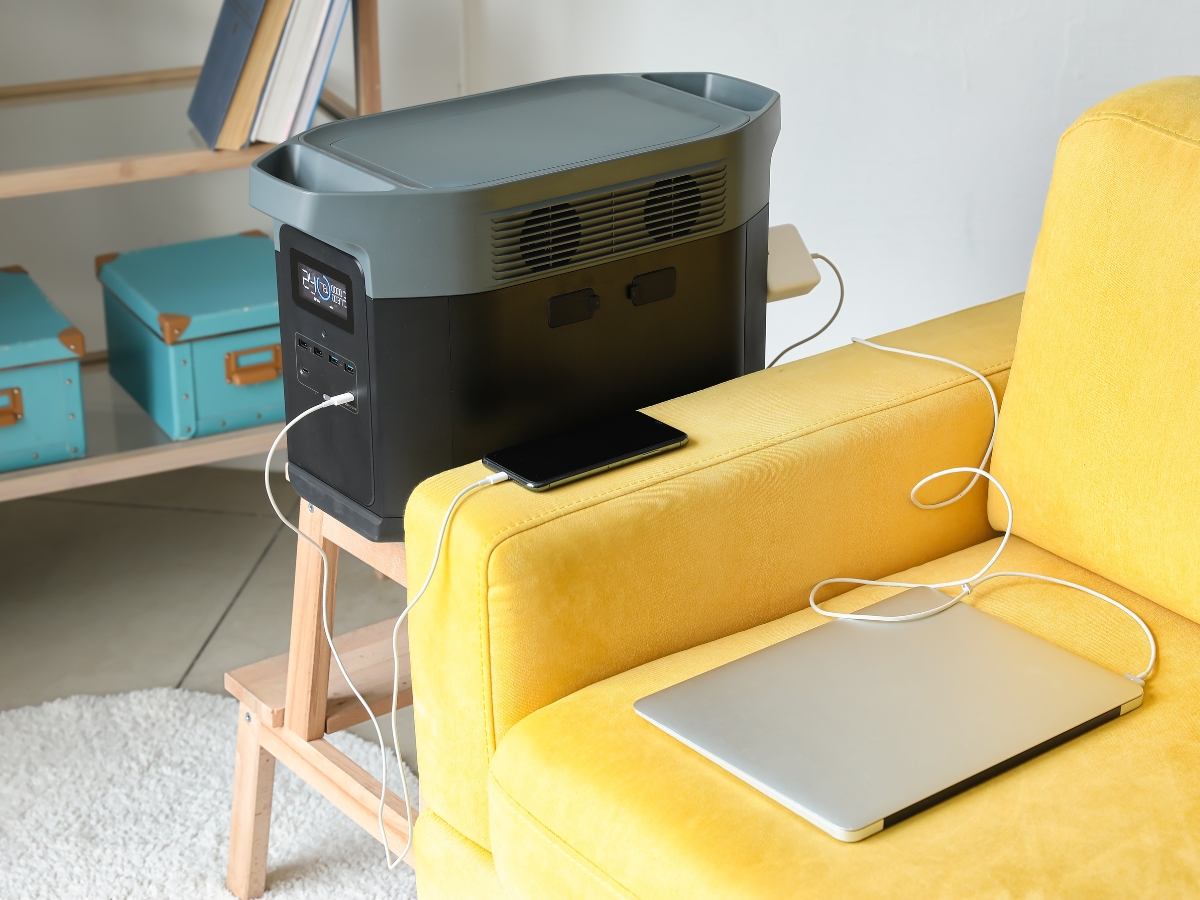It is important to look at the industrial, national, and domestic scales to discuss renewable energy. Each contributes to the overall answer as to whether Geothermal is indeed worth it.
Geothermal is one of the most abundant sources of clean energy available on planet Earth and is the third-largest source of renewable energy behind biomass and hydropower and is proving to be a very efficient and consistent source of energy for the human race.
Key points here will consider :
- The cost of industrial geothermal VS conventional power production
- The efficiency of industrial geothermal systems
- Cost of domestic geothermal systems
- The efficiency of domestic geothermal systems
Now, let’s turn up the heat on geothermal and find out if it’s worth it.

Is Geothermal Cheaper Than Coal-Fired Power Stations?
Considering the cost per produced kWh, geothermal is cheaper than coal-fired power. The cost per kWh for geothermal is around $0.035 vs. $0,055c per kWh for coal. Already we can see a difference of 36% in the kWh price between geothermal and coal.
From a construction perspective, geothermal does have a high capital cost. Most of it is allocated to discovery and drilling, but as you will see, the benefits of geothermal energy far outweigh the associated costs.
But the operational costs are much lower as there is no fuel supply required to produce electricity with coal-fired power stations. This alone makes geothermal power much more cost-effective.
Seven Reasons Why Geothermal Is More Efficient Than Coal
- Geothermal is 100% clean. The power produced does not need any fossil fuel, making geothermal energy a renewable and sustainable source of clean energy.
- Geothermal is always on and available.
- Geothermal energy only produces 5% of coal’s carbon emissions per kWh produced. Coal produces over a ton of CO2 per kWh, while geothermal only produces 45kg.
- Geothermal energy is always available. This source does not wane, and it is always on and ready to use.
- It reduces dependence on foreign fuel supply.
- The geothermal potential is immense, with an estimated 40 000 MW of geothermal energy in the USA alone.
- The estimated lifespan of geothermal supply is between 5000 and 1 million years!
In industrial space, geothermal energy is far superior to coal, plus the products from the geothermal plants like salts, minerals, and water are recycled back into the Earth.
Now let’s look at the residential side of geothermal energy, and here is an interesting fact to start with:
In Iceland, 90% of the heating for houses is geothermal, and 26% of their total electricity supply is from geothermal energy.
What Is A Geothermal Heat Pump?
You obviously cannot install a geothermal power plant outside your home in domestic installations, but you can install a geothermal heat pump. This device works to heat and cool homes as required and, once installed, will require ZERO electricity to work.
The geothermal heat pump both heats and cools water in your home and replaces a furnace or gas heater and the need for a geyser and air conditioning.
Considering the amount of energy/fuel those appliances would use in a season, it’s easy to see why geothermal heat pumps are becoming more popular.
The geothermal heat pump uses a system of underground pipes called a “loop “to move heat or cold between the Earth and your home. It never uses the outdoor air, but rather the consistent temperature of the Earth a few feet below the surface.
Like a conventional heat pump, it moves both hot and cold air in and out of the home to cool or warm and will also move hot water to your geyser for bathing and showering purposes.
How Much Money Could A Geothermal System Save You?
You would save around a whopping 65% on your energy bills based on current data – Not only that but there is also a 26% federal tax incentive as well!
While the capital costs are relatively high (which we’ll look at next), you will no longer require electricity or gas to fuel your geysers, air conditioner, and home heating system once the system is installed and operational.
How Much Does A Geothermal System Cost?
A normal HVAC or gas heating system could cost between $5000 and $15000, but a geothermal system would be around $18000 upwards, depending on the size of the system and the amount of digging required to lay pipes outside.
Now, that may seem a lot. However, if you consider the following as well, you will see that geothermal is well worth the investment:
- As soon as the system is running, you have no other associated energy costs for gas or electricity – only the electricity to operate the significantly lower heat pump.
- The lifetime of the ground-loop system can be 50 years or more, and the internal components in the house last around 25 years against conventional systems that last around 10-15 years.
- Geothermal heat pumps are simple and require little maintenance in their lifetime.
- It adds value to the property as energy bills are much less.
- You reduce your carbon footprint considerably.
- Geothermal heat pumps return about $5 of heat for every $1 spent, while gas-only returns about $0.96 per $1.
- Geothermal heat pumps are supremely efficient, running at 400% vs. a conventional furnace running at around 75%-90%
It is clear from the points listed that an investment in a geothermal system is well worth the money, and there are some other favorable considerations.
Geothermal Systems Don’t Stand Out
Many people worry about the aesthetic impact of energy systems on their homes, whether solar or geothermal, as they don’t want ugly components visible on the property.
Geothermal heat pumps are sleek and won’t look out of place in your home. You won’t even know that the pipes are there as they are underground at a depth of between 4ft and 6ft deep.
So your house will be warm (or cool) with hot water all year round, and it will look from the outside like a conventional heating system.
Another point is that if you have an existing hydronic system in place and enough space in your yard for the piping, the installation costs can be much lower.
As a final word on whether these systems are worth it, the Environmental Protection Agency advises that a geothermal ground-source heat pump system is one of the most cost-effective, energy-efficient, and environmentally friendly heating and cooling solutions available.
Resources
- https://www.thisoldhouse.com/heating-cooling/21014980/geothermal-heat-pump-how-it-works
- https://www.energy.gov/energysaver/geothermal-heat-pumps
- https://en.wikipedia.org/wiki/Geothermal_power
- https://www.climatemaster.com/homeowner/news/geothermal-energy/geothermal-energy/2021-01-27-how-much-will-a-geothermal-heating-and-cooling-system-cost-for-my-home-in-2021



